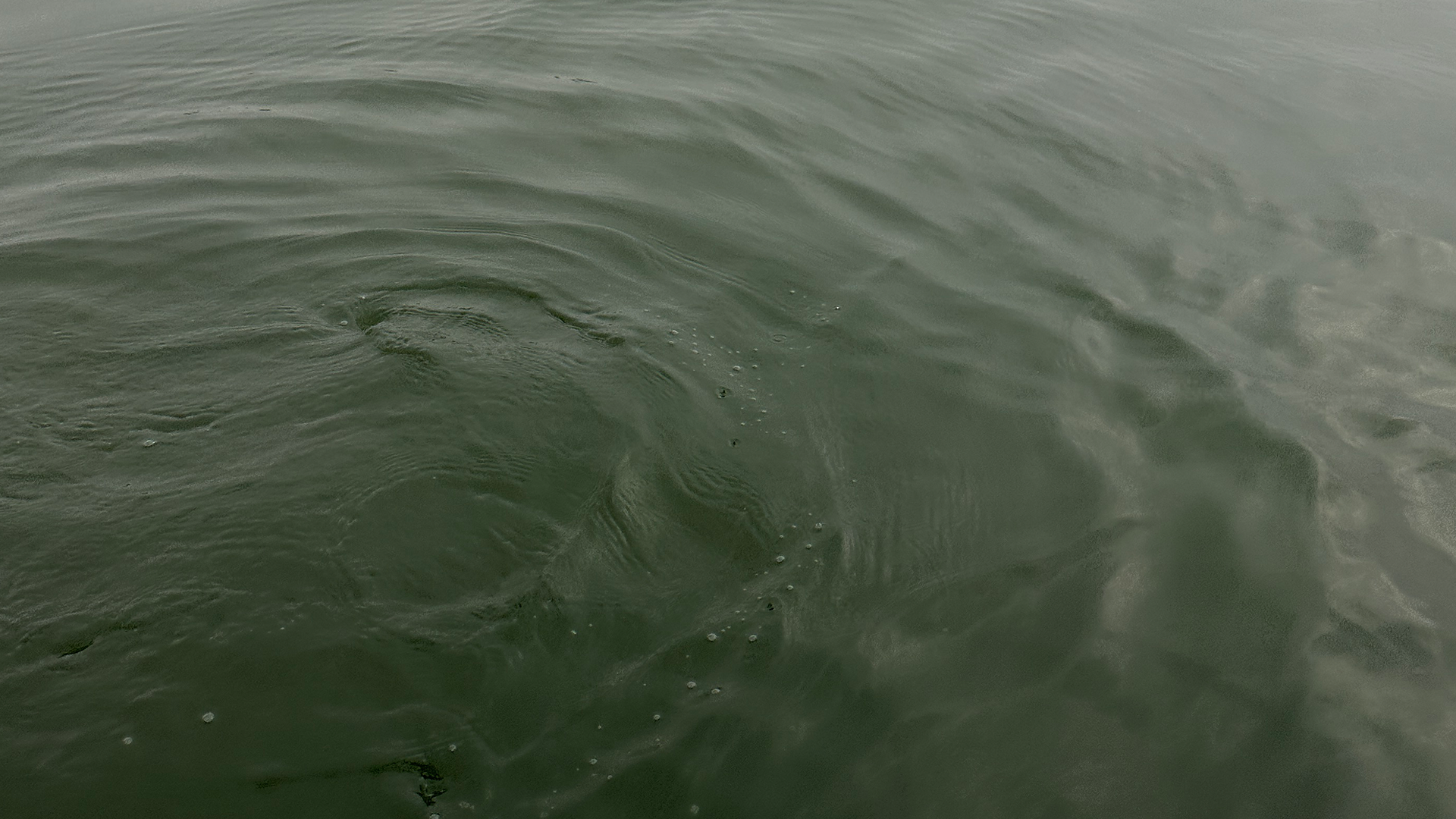INTRO

Water Stories: River Goddesses, Ancestral Rites, and Climate Crisis
September 18 — December 16, 2023
Organized by Jinah Kim
George P. Bickford Professor of Indian and South Asian Art
Professor of South Asian Studies
Johnson-Kulukundis Family Faculty Director
in the Arts at the Radcliffe Institute for Advanced Study
Johnson-Kulukundis Family Gallery, Byerly Hall
8 Garden Street, Cambridge, MA 02138
The impact of climate change is felt and measured most intimately through our experience of water, whether in drought, flooding, or securing safe drinking water. It is no wonder that the climate crisis is dubbed a water crisis. Climate crisis negatively impacts the economically disadvantaged areas of the globe disproportionately, especially the former colonies of western imperial powers in the Global South. Despite countless news reports on climate disasters in the Global South where all top ten deadliest natural disasters of 2022 occurred, it is difficult to grasp the negative impacts of climate change beyond the abstract, theoretical level especially when the crisis hits communities outside one’s own.
“Water Stories: River Goddesses, Ancestral Rites, and Climate Crisis” presents works that tell alternate stories of water experience that treat water not as a commodity and resource to exploit but as a cyclical, life-giving, life-dissolving, inert but innately alive, spiritual force, a notion shared widely among the indigenous communities, especially in the Global South. By juxtaposing older, traditional paintings that depict mythological stories with works by contemporary artists that evoke different aesthetic experiences of water in the age of climate crisis, “Water Stories” encourages viewers to appreciate water’s multivalent meaning and to contemplate on their own relationship with water. When viewed through the ecological lens of climate change, mythological stories about a celestial river saving the ancestors of an ancient sage resonate with the reverence and respect required to recalibrate the human relationship with the environment. Drawn from the collections of the Harvard Art Museums and the Peabody Essex Museum, and with fresh works by two contemporary women artists, the exhibition illuminates the cultural, religious, and political significance of water beyond the extractive commodity framework while drawing attention to the legacy of colonial rule and imperialism in climate crisis.
Participating artists
Atul Bhalla
Alia Farid
Evelyn Rydz
M.F. Husain